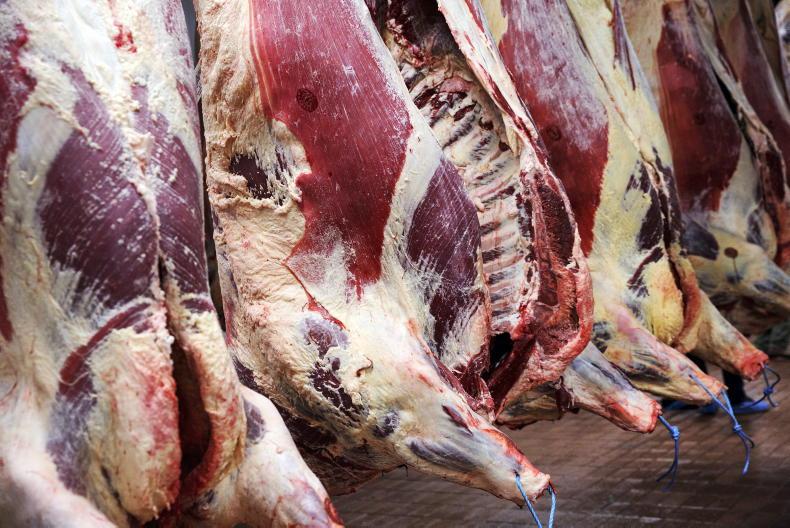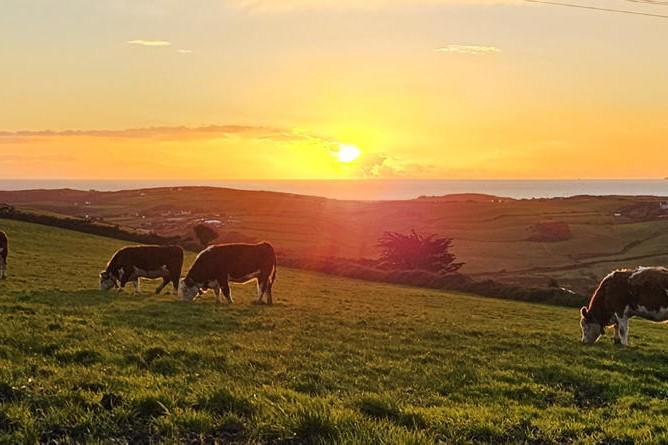The IFA has published its policy paper this week on what Brexit could mean for Irish farmers. It further crystallises just what exactly could happen the produce from Irish farms once Brexit takes effect.
The assessment of options for beef sales is frightening. With the UK being the highest-value, high-volume beef market in Europe, every other option for Irish beef exports looks second best in comparison. Despite efforts to grow international markets – and some success in this regard – the reality is that Ireland sold just 3% of its beef exports outside the UK and EU in 2016, which was actually 1% more than the previous year.
What the IFA report highlights is that the EU is a mature beef market with little potential for further generic growth. However, if punitive World Trade Organization (WTO) tariffs are imposed by failure to achieve a deal between the EU and the UK, Irish beef will have nowhere else to go. This will inevitably cause displacement in remaining EU markets and a dramatic undermining of farmgate prices, not just in Ireland but across EU beef markets.
Despite difficulties that might arise with the WTO, things like intervention purchases, aid to private storage and restoration of third-country export refunds all have to come back on the agenda.
If a free trade agreement does emerge, they wont be needed. However, if negotiations fail to provide such an agreement, then a plan B will be needed immediately to prevent a collapse in confidence in beef markets – not just in Ireland but throughout the remaining member states of the EU.
The IFA assessment is measured and a useful contributor to Government thinking in shaping a position for Ireland as the member of the EU that will be most affected by Brexit from an agricultural perspective.









SHARING OPTIONS